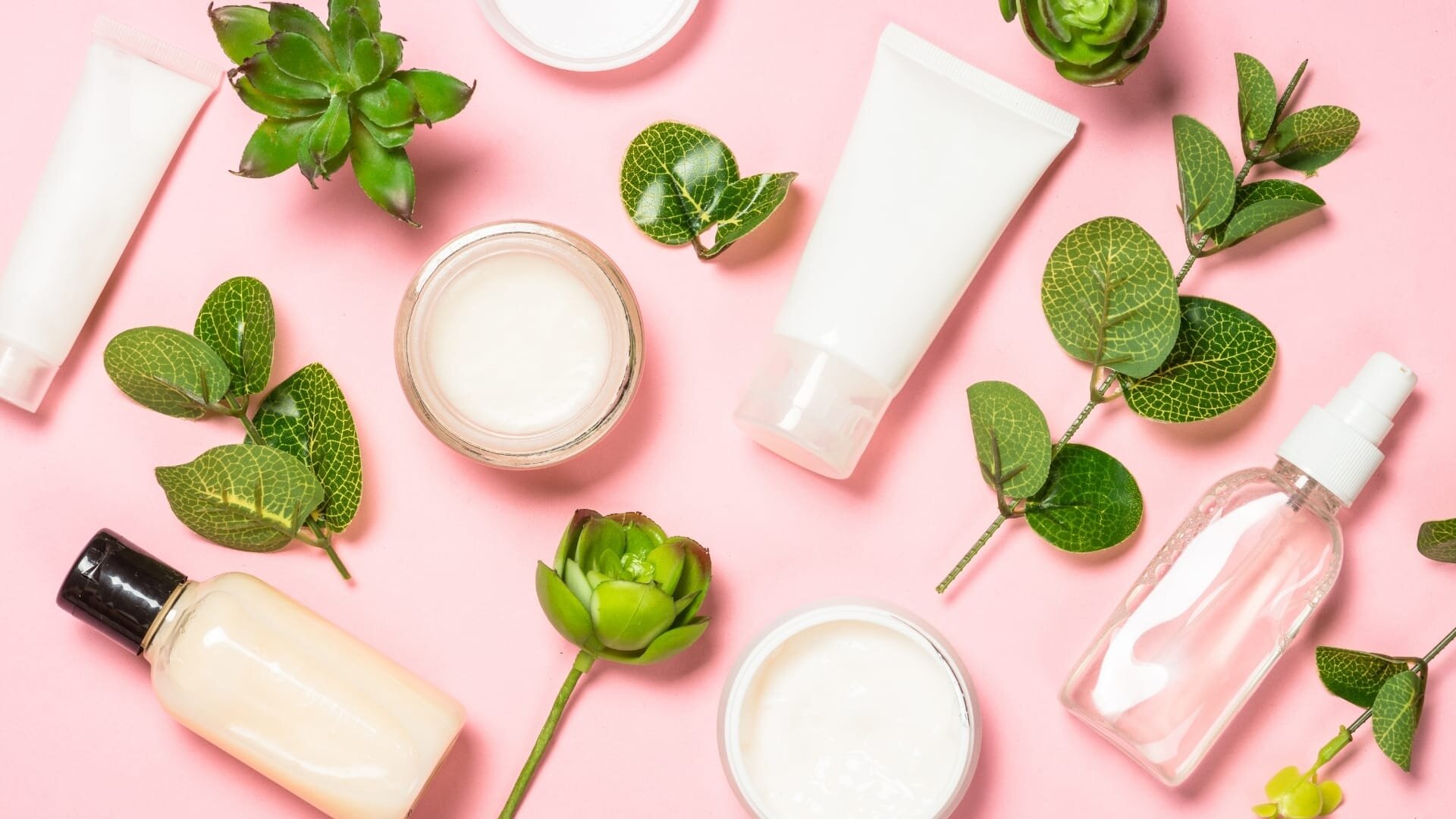Rise by Six: Your Daily Dose of Inspiration
Explore insights and stories that elevate your day.
Mirror, Mirror: The Unexpected Science of Why We Love Cosmetics
Discover the surprising science behind our love for cosmetics and how beauty products shape our identities and emotions!
The Psychology Behind Our Obsession with Cosmetics
The **psychology behind our obsession with cosmetics** is rooted in various intrinsic and extrinsic factors. Many individuals feel that applying makeup enhances their appearance, providing a confidence boost in social interactions. According to studies, wearing cosmetics can lead to better perceived social status and attractiveness, which often translates into positive self-esteem. This phenomenon is not only driven by personal preference but also by societal standards that equate beauty with success, making cosmetics a powerful tool in shaping our self-image.
Moreover, the allure of **cosmetics** often stems from the emotional connections they foster. For numerous people, the act of applying makeup serves as a therapeutic ritual, allowing them to express creativity and individuality. As they curate their looks, they engage in a form of self-expression that can evoke feelings of joy and empowerment. Cosmetics thus become more than just beauty products—they transform into a means of coping with stress and insecurity, making their obsession reflect deeper psychological needs and desires.

How Beauty Standards Have Evolved: A Scientific Perspective
The concept of beauty standards has undergone significant transformations throughout history, influenced by cultural, social, and scientific factors. In ancient civilizations, such as Greece and Egypt, beauty was often linked to physical attributes like symmetry and proportions, which were interpreted through the lens of mathematical principles like the Golden Ratio. As societies evolved, so too did their ideals; during the Renaissance, a fuller figure was celebrated as a symbol of wealth and fertility, reflecting a period where nourishment was not readily available. This evolution highlights the fluidity of beauty norms, constantly shifting to mirror the values and conditions of different eras.
From a scientific perspective, researchers have explored the psychology behind beauty standards and their impact on self-esteem and body image. Studies indicate that societal standards of beauty can lead to increased rates of body dissatisfaction and mental health issues, particularly among adolescents. Furthermore, the advent of digital media has amplified these effects, creating a landscape where unrealistic portrayals of beauty dominate. As we continue to dissect these societal norms, it becomes increasingly clear that understanding the science behind beauty is crucial not only for fostering healthier perceptions but also for recognizing the subjective nature of beauty itself.
Can Makeup Boost Self-Confidence? Exploring the Science
The relationship between makeup and self-confidence is a fascinating area of study, with several psychological theories supporting the idea that cosmetics can significantly enhance an individual’s self-confidence. According to various studies, the act of applying makeup can create a psychological transformation, making individuals feel more attractive and empowered. This boost in confidence can manifest in various aspects of life, from social interactions to professional environments, suggesting that makeup serves not just as an aesthetic tool but also as a means of psychological reinforcement.
Moreover, the science behind this phenomenon can be linked to the concept of self-perception, which posits that individuals often alter their behavior based on how they perceive themselves. When someone wears makeup that they believe enhances their appearance, they may experience a surge of confidence that influences their body language, social engagement, and overall demeanor. In essence, wearing makeup can foster a positive self-image, encouraging users to embrace their uniqueness while contributing positively to their mental well-being.